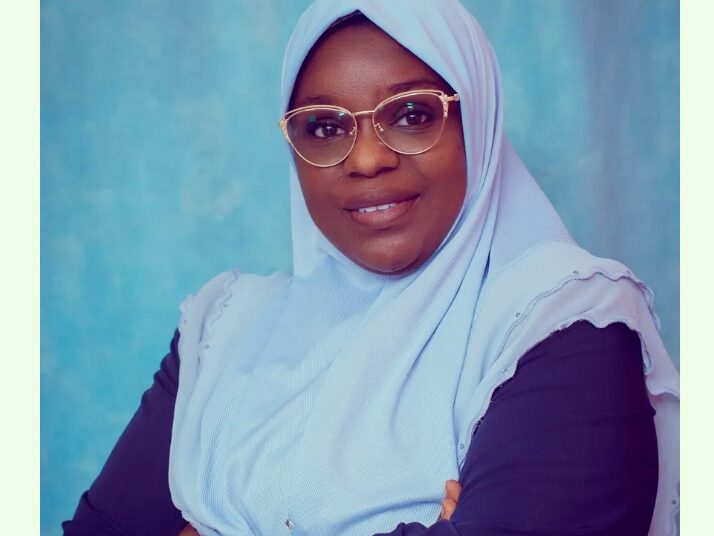More than 29,000 children and adolescents in Borno State have been screened for mental health conditions through a pioneering community-based initiative aimed at addressing the psychological impact of conflict and displacement.
Led by Consultant Psychiatrist Dr. Fatima Abba Ali, the project—Mentaccess—uses digital tools and a three-tiered care model to provide early detection and treatment for mental health disorders in hard-to-reach communities.
The initiative, which began as part of Dr. Ali’s reform project during the AIG Public Leaders Programme, operates in six local government areas: Maiduguri Metropolitan Council (MMC), Jere, Monguno, Chibok, Mafa, and Biu.
“In a region where insurgency has disrupted lives and limited access to specialised care, early screening is critical. This project is helping children and adolescents get the support they need before conditions worsen,” Dr Ali said.
At a primary health centre in Jere, Community Health Extension Workers (CHEWs) equipped with tablets and smartphones assess young people using the Mentaccess digital app, which functions offline and guides non-specialist workers in identifying symptoms of mental health disorders.
One beneficiary, a brilliant student identified as Y.J.K., was referred for treatment after the tool flagged signs of social phobia and substance dependence. He has since returned to school and is reportedly doing well.
The screening process begins with community health workers, progresses to psychiatric rehabilitation providers for moderate cases, and ultimately connects severe cases with psychiatrists—often via teleconsultation at the Federal Neuropsychiatric Hospital, Maiduguri.
Dr. Ali said the project also tackles stigma by working closely with community leaders, traditional institutions, and schools.
“We’re not just providing care—we’re building trust and raising awareness in culturally sensitive ways.”
The initiative is expanding to include school-based screening and teacher training to catch early signs of distress among students.
The Mentaccess project was developed and scaled with support from the AIG Public Leaders Programme, facilitated by the Blavatnik School of Government, University of Oxford, and the Aig-Imoukhuede Foundation.
Catching them young “Research consistently indicates that more than half of mental health disorders emerge during childhood or adolescence,” Dr. Fatima explains. “Borno State has endured over a decade and a half of security challenges, placing children and adolescents at the heart of this crisis.”
This reality formed the foundation of Mentaccess, which operates on a simple yet powerful premise: early intervention saves lives. “Why not catch them young?” she asks, a question that has become the project’s unofficial motto.
The methodology is innovative yet practical. At its core is a three-tier system that begins with community health workers conducting screenings using the Mentaccess digital tool —a mobile tool that enables real-time assessment of mental health conditions, even in areas with intermittent internet connectivity.
The Power of Community Trust, what makes this approach revolutionary is how it leverages existing community structures and trusted individuals to overcome long-standing barriers to mental healthcare.
“Previously, seeking help for mental health concerns was often a difficult journey marked by stigma and lack of awareness,” Dr. Fatima notes. “Individuals frequently explored numerous avenues, such as spiritual and traditional healers, often delaying or entirely missing appropriate care.”
The first tier of the Mentaccess system places Community Health Workers—individuals already known and trusted within their communities—at the frontline of mental health detection. They use the digital screening tool to identify potential issues and provide basic care for mild cases, while referring more complex situations up the care pathway.
For the second tier, specially trained Psychiatric Rehabilitation Providers deliver more intensive counselling. The third tier connects patients with psychiatrists at the Federal Neuropsychiatric Hospital Maiduguri, sometimes through teleconsultation services for those in remote areas.
Dr. Ali stressed that mental health challenges are treatable. “Just like physical illnesses, mental health conditions can be managed when diagnosed early. With community involvement, we can make mental healthcare accessible to everyone.”





